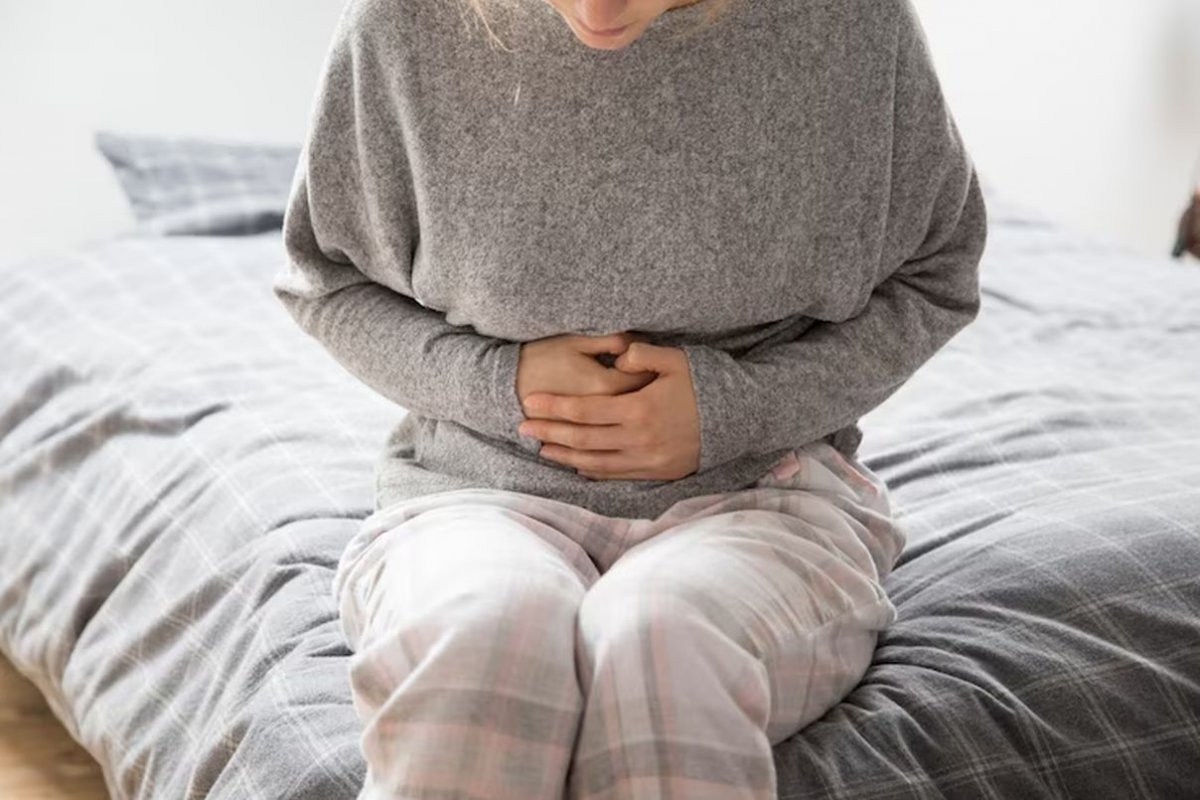
Oncologist surgeon, candidate of medical sciences Ivan Karasev reminded that after a vacation at the sea and the beach you need to make sure that you did not bring “souvenirs” with you – intestinal infections. We are also talking about hepatitis, which, according to him, “causes a lot of trouble.”
The specialist listed the tests that need to be taken to check for intestinal infections.
Coprogram – a laboratory test of stool, which helps identify some gastrointestinal diseases, including inflammatory processes and dysbiosis.
< br>Bacterial research (stool culture). Shows the possible presence of pathogens of dysentery or salmonellosis.
Parasitological study. Will show the presence (or absence) of parasites.
Analysis for hepatitis A. It can be “caught” through contaminated food and water. Viral hepatitis A or Botkin's disease is an acute infectious disease that affects liver cells. Refers to gastrointestinal disorders, since the main mode of transmission remains the fecal-oral route.
— I am sure that you followed the rules of hygiene, but this does not fully guarantee that you only brought from the sea tan and great memories,” the doctor noted in hisblog.
Intestinal infections are a group of contagious diseases that primarily damage the digestive tract. There are more than 30 of them. The most “harmless” of them is the so-called food poisoning, and the most dangerous are cholera, typhoid fever, botulism, dysentery, etc.
The most common types of intestinal infections:
< /b>
- Rotavirus infection.
- Norovirus infection.
- Dysentery (shigellosis).
- Staphylococcal food poisoning.
- Salmonellosis.
- Botulism.
Symptoms of intestinal infection:
- vomiting;< /li>
- diarrhea;
- fever;
- pain in the gastrointestinal tract;
- weakness;
- signs of dehydration.
Karasev previously wrote about colonoscopy. This, he says, is the most accurate method for early diagnosis of colorectal cancer. It allows you to take a biopsy of a section of the intestine, and this usually plays a decisive role in making a diagnosis. Important: colonoscopy can be not only a diagnostic procedure, but also a therapeutic one. We are talking about removing polyps.
⠀
When should I start doing a colonoscopy? From 40 years old, once every 10 years, if no polyps are found and there are no concomitant intestinal diseases.
Read also: Gastroenterologist Pomoinetskaya: how to replace coffee during exacerbations of the gastrointestinal tract
More on the topic: Important for hypertensive patients: what is persistently high blood pressure
You can read: Endocrinologist Kvasova: adequate sleep affects weight and is important for the central nervous system
Important! Information is provided for reference purposes. Ask a specialist about contraindications and side effects and under no circumstances self-medicate. At the first signs of illness, consult a doctor.
 Ivan Karasev Medicine Surgeon-oncologist, Candidate of Medical Sciences
Ivan Karasev Medicine Surgeon-oncologist, Candidate of Medical Sciences
